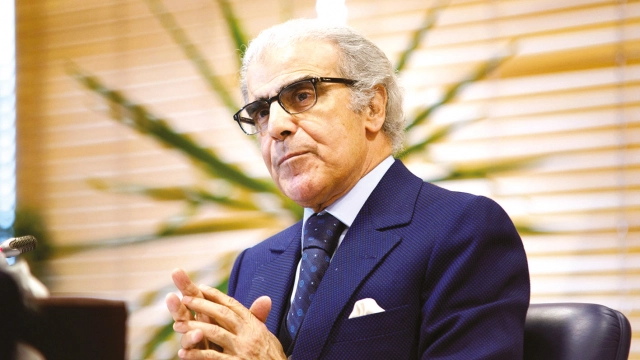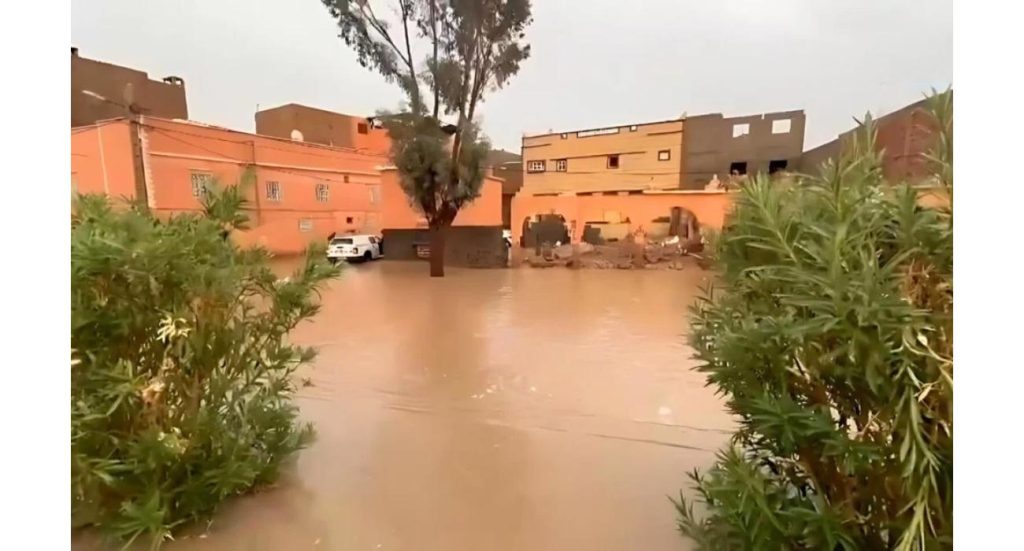Bank Al-Maghrib, Morocco’s central bank, decided Tuesday to increase its key interest rate by 50 basis points to 2 percent and to continue to monitor closely the economic developments, both nationally and internationally, and in particular, the evolution of inflationary pressures.
The decision was made by the Bank’s Board after having analyzed the international economic developments which remain deeply marked by the aftermath of the pandemic and the implications of the Russia-Ukraine war, triggering higher energy and food prices.
These developments are driving inflation to exceptionally high levels, leading central banks to reinforce the rapid and largely synchronized tightening of their monetary policies, entailing a significant slowdown in the global economy after the rebound marked in 2021, said the Moroccan central bank in a statement.
At the domestic level, the Board said the Moroccan economy continues to suffer from this unfavorable external environment and the repercussions of a particularly severe drought, along with a pronounced deceleration in growth and a sharp acceleration in inflation, which continues to be fueled by external pressures.
Compared to its June forecasts, Bank Al-Maghrib is expecting a significantly higher level of inflation in 2022, followed by a less pronounced downturn in 2023.
During the first eight months of the year, inflation continued to accelerate, reaching 8 percent in August after 7.7 pc in July, 6.3 pc on average in the second quarter and 4 pc in the first one. It is mainly driven by higher food and fuel and lubricant prices.
Furthermore, the available data show an increasingly widespread of price increases. Indeed, out of the 116 sections of goods and services of the reference basket of the consumer price index, 60.3 percent increased by more than 2 percent in August compared with 42.2 percent in January. Considering these developments, Bank Al-Maghrib projects that inflation will accelerate to 6.3 percent on average this year compared with 1.4 percent in 2021, before returning to 2.4 percent in 2023.
Driven by the increase in food prices included therein, core inflation would accelerate to 6.3 percent in 2022 after 1.7 percent in 2021, before decelerating to 2.5 percent in 2023.
Faced with persistently high levels of inflation and concerns about inflation expectations de-anchoring, the American and European central banks, FED and ECB, are also tightening their monetary policy despite the risks of recession.
In Morocco, Bank Al-Maghrib’s expects economic growth to slow down to 0.8 pc this year, as a result of a 14.7 pc decline in agricultural value added and a slowdown to 3.4 pc of the growth pace of nonagricultural activities.
In 2023, growth would rebound to 3.6 pc due to the projected 11.9 pc increase in agricultural value added, under the assumption of a return to an average cereal production of 75 million quintals. However, non-agricultural activities would continue to slow, with their pace returning to 2.5 pc.



